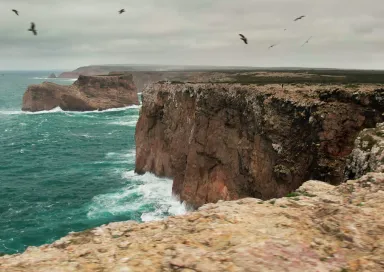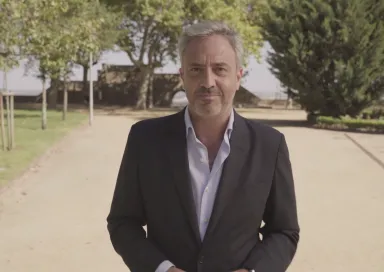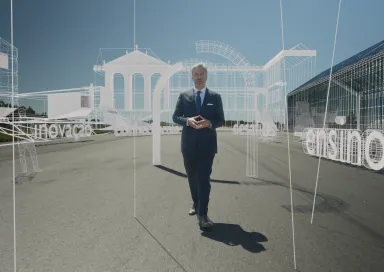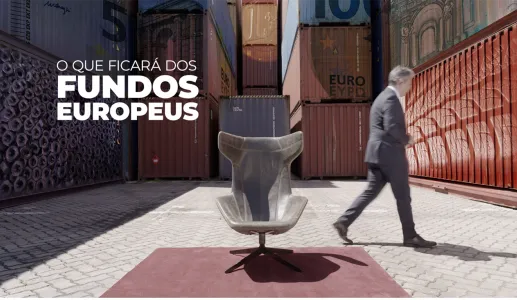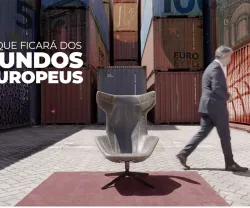Portugal's accession to the European Union in 1986 improved the lives of the Portuguese and allowed them to forge closer ties with their European partners.
What would the country be like if it hadn't have joined the EU? «In a very backward state of development», says Gonçalo Lobo Xavier, who heads the Portuguese Association of Distribution Companies.
As well as changing and boosting the structure of the Portuguese economy, EU integration was also the most important factor in changing «Portugal's own position in the world», explains João Nogueira Martins, Head of Unit at the European Commission's Directorate-General for Economic and Financial Affairs.
European integration has shaped national policies and boosted economic, social and environmental development. As Portugal has changed, so has the EU, which now faces new challenges: the war in Ukraine, expansion to new countries and the rise of populism, as well as migratory flows and relations with China.
Decisions made in Brussels have a direct and significant impact on the lives of citizens. However, despite Portugal being pro-European, the Portuguese turnout in the European elections is low: in 2019, less than 30% of the Portuguese electorate went to the polls. This data indicates «alienation, disinterest and also a certain lack of awareness of European citizenship», says political scientist Marina Costa Lobo.
But it is precisely in choosing these European representatives that the country can exert its influence and shape its future in Europe. «It is not us and Europe. We are Europe and we must take an active part in decision-making processes», warns Bruno Cardoso Reis, deputy director of Iscte-IUL's Centre for International Studies.
The Foundation's new documentary «Portugal in Europe – Roots and horizons», co-produced by RTP and presented by journalist Carlos Daniel, explores the trajectory and role of Portugal and the Portuguese in building Europe.

Documentaries from the Fundação Francisco Manuel dos Santos co-produced by RTP, Portuguese National Television. .

















